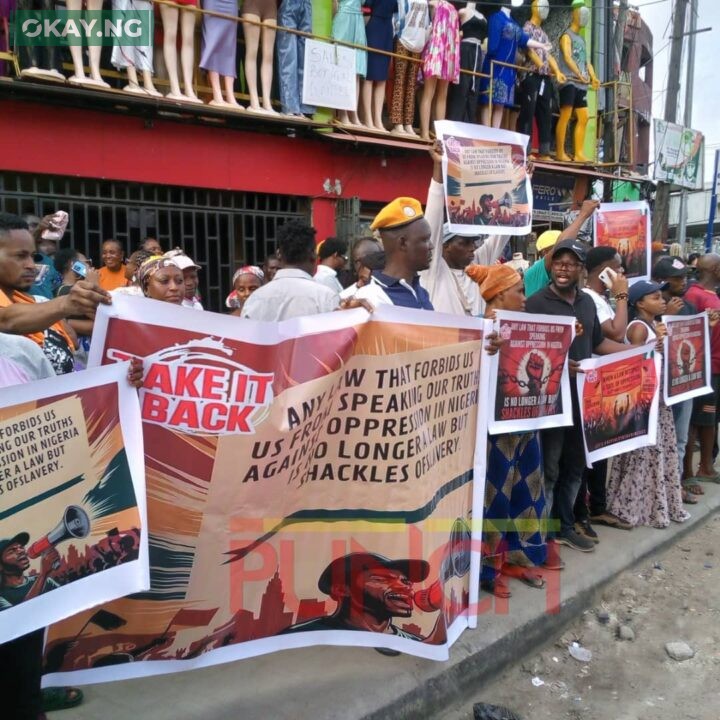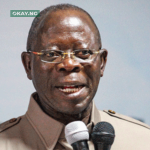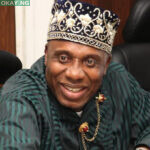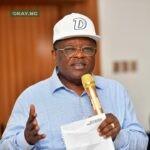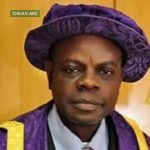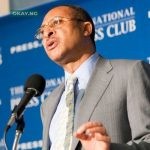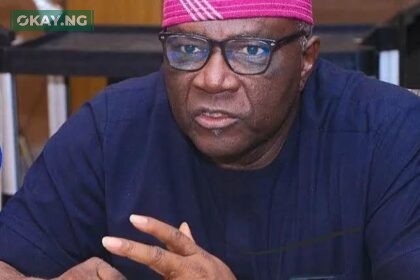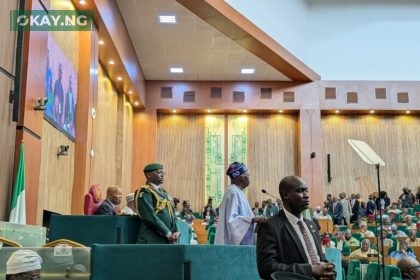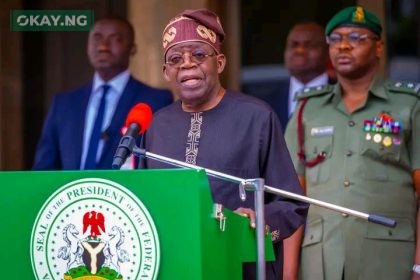Nigeria’s 26th Democracy Day is marked by heightened tension as the Take It Back Movement and allied groups mobilise for protests in Abuja and 19 other locations, spotlighting economic hardship and insecurity under President Bola Tinubu’s administration.
President Tinubu, who cancelled his nationwide broadcast in favour of addressing a joint session of the National Assembly, faces a combustible political climate. According to Segun Imohiosen, Director of Information and Public Relations at the Office of the Secretary to the Government of the Federation, the change was necessitated by Tinubu’s presence at the National Assembly.
Security agencies have ramped up their presence nationwide. The Take It Back Movement, led by National Coordinator Juwon Sanyaolu, insists the protest’s objective remains unchanged despite a venue shift from Eagle Square to the National Assembly. Sanyaolu cites “two years of misrule, hardship, and insecurity” as motivations, urging Nigerians to exercise their rights: “Nigerians have nothing to lose.We have nothing to fear and we have nothing to lose but our chains.”
Despite reported attacks on organisers in Lagos, Gombe, Bauchi, and Edo, Sanyaolu affirms the protest will proceed. He warns security agencies against infringing on citizens’ rights.
Michael Adenola, the protest’s Director of Mobilisation in the FCT, notes widespread youth frustration and expects thousands to join. He urges police to “at least pretend they are civilised,” advocating for non-violence.
While FCT Police Command spokesperson Josephine Adeh did not respond to inquiries, Commissioner Adewale Ajao assured law-abiding citizens of protection, urging orderliness and respect for rights.
Protests are scheduled in at least 20 locations, including Eagle Square (Abuja), multiple sites in Lagos, and major junctions in Akure, Benin City, Niger, Yobe, Oyo, Bauchi, and Osun. Sanyaolu emphasises that ensuring protesters’ safety is the responsibility of the police.
The #EndBadgovernanceMovement and the Nigerian Bar Association’s Ikeja branch have also called for police protection, referencing the Police Act’s mandate to provide security for notified rallies.
In Osun and Bauchi, local TIB coordinators Victor Lijofi and Nuhu Nazif respectively, have called for police protection and rejected dialogue attempts perceived as stalling tactics.
Security agencies across Borno, Edo, Delta, Ondo, Ogun, Yobe, Osun, Oyo, Jigawa and others have deployed personnel. Borno State alone has mobilised 1,500 police officers. Ogun, Oyo, and Ondo states have assured residents of peaceful celebrations.
In some states, such as Kano and Kwara, civil society groups have opted for alternative Democracy Day activities, citing security concerns or preferring workshops over street protests.
Delta, Edo, and Niger state police have acknowledged the protests and pledged to maintain peace, with the NSCDC also deploying officers to ensure order.
In Rivers, ex-Ijaw Youths Council chairman Tamuno Kpokpo warned youths against being used for politically motivated protests, urging support for Governor Siminalayi Fubara’s peaceful stance.
As Democracy Day unfolds, Nigeria stands at a crossroads, with citizens demanding accountability and security forces pledging to safeguard both rights and public order.


